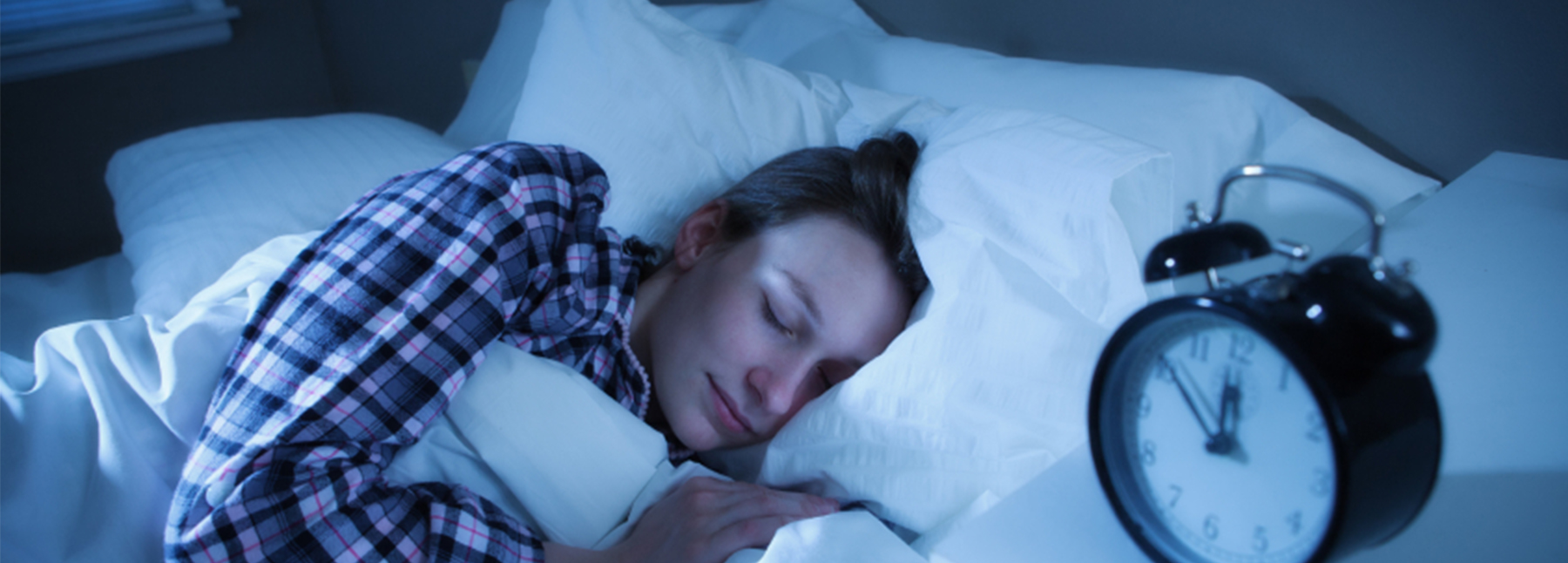The study ‘A global quantification of “normal” sleep schedules using smartphone data’, by scientists and researchers at the University of Michigan, combined mathematical modelling and app technology to investigate the roles society and biology play in global sleeping patterns.
According to the study the Dutch have almost an hour more in bed each night than people in Singapore or Japan, with the Dutch sleeping an average eight hours and 12 minutes versus seven hours and 24 minutes sleep for those living in Singapore or Japan. For expatriates this has interesting implications - could the country you've made your home in be having an impact on your sleep patterns?
The study also found women aged between 30-60 on average slept for 30 minutes longer than men of the same age, with middle-aged men getting the least sleep of all.
The biggest impact on sleep duration was average bedtime, the later a person stays up into the night, the less sleep they get, however the time they wake up has little effect on sleep duration.
Cultural pressures can override natural rhythms, with the effects showing up most markedly at bedtime.


